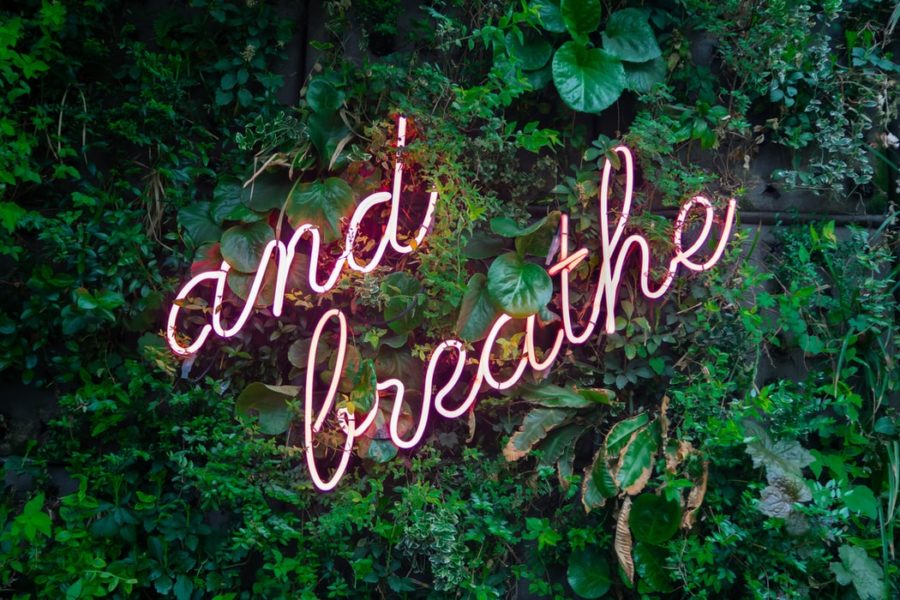“Say the word and it helps conjure itself: calm. The “ah” sound dawdles, insists on taking its time.…”
The following written content via Psychology Today Contributors
Say the word and it helps conjure itself: calm. The “ah” sound dawdles, insists on taking its time. We ride for a second on the exhale. If only the release lasted longer than a syllable.

Perhaps, once, calm came on its own and settled in when worry or obligation retreated. But in a hyper-stimulating world where intrusion is the default, interruptions are benignly labeled “notifications,” and watches don’t rest silently on wrists but buzz with the demands of others, the nervous system is constantly pitched into arousal mode. Calm no longer arrives unbidden. It has to be actively sought.
And that is the very definition of a high-wire act. After all, doesn’t calm reside in the absence of effort? Given the nature of modern human awareness, the relief of stress now constitutes a stressor itself. The standard prescriptions—master your breathing, meditate on your mantra, clear your head—can themselves spark anxiety, especially if you’ve attempted them before with no success.
Yet science suggests there is a path through this conundrum. Calm is both a psychological state and a physiological one, and so it can be found by resetting the collaboration between body and mind. The dividing line will vary from person to person, but somewhere between the two, a new balance can be calibrated.
The human nervous system requires a deceptively simple ingredient for calm—a sense of safety. It’s not just a fundamental part of Maslow’s famous hierarchy of human needs; feeling safe undergirds growth. Lacking that sense of security, our bodies are poised for defense, vigilant for threats whether real or imagined. Every system goes on high alert, reinforced by every substance coursing through our veins.
Some such arousal is necessary. It keeps us going. Our minds evolved to keep us alive, and worry is the mind’s way of telling the body that we may be in danger, from within or without. It’s a feature that served ancient humans especially well when threats to life and limb regularly emerged in the natural environment. Today, though, those feelings often become activated in response to threats that do not merit them. And the cost of constant vigilance is high, not merely exhausting for us but actually corrosive in ways ranging from stiffening veins to hollowing out memory.
Read more from Psychology Today experts who propose some of the most effective techniques—including, yes, deep breathing—for you, your loved ones, and your children.





